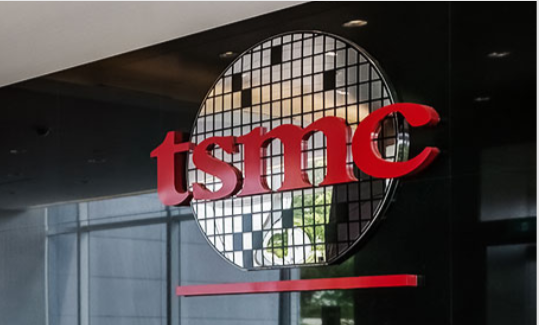During a recent conference call, Rupert Murdoch announced that he plans to fix the current newspaper business model by charging for access to News Corporation’s newspaper web sites. News Corp’s Wall Street Journal, of course, is one of the few newspaper sites in the United States that is still hides a lot of its content behind a paywall (though that wall is starting to crumble as well). The WSJ did, indeed, see some small revenue gains in the last few months while the rest of its competitors saw their daily circulation take a nosedive.

In the U.S., News Corp only owns a handful of papers (though these tend to be relatively powerful), including the Wall Street Journal and the New York Post. Although, it owns a large number of papers in Australia, as well as the U.K. and Ireland.
At the same time, Murdoch also dismissed Amazon’s Kindle, because he doesn’t want News Corp to cede its content rights “to the fine people who created the Kindle.” During a Senate hearing about the future of the newspaper industry yesterday, the CEO of the Dallas Morning News announced that Amazon will take a 70% cut of the newspaper subscription revenues from the Kindle. Those numbers do, indeed, seem rather outrageous, though some might argue that the 30% the newspapers will get from Amazon is still more than the zero dollars they are getting from people who read the paper without the Kindle.
Interestingly, though, while Murdoch heralded the return of paid online newspaper subscription, News Corp also proudly announced that the Wall Street Journal’s free iPhone application has been downloaded over 360,000 times. And that app, on a device fully controlled by Apple, gives users all of the WSJ content for free without the need for a subscription.
Senate Hearing
Yesterday’s Senate hearing on the “Future of Journalism” made it clear that there are quite a few newspaper companies who would like to go back to charging for their content (while lobbying for tax breaks at the same time). Google’s Marissa Mayer and Arianna Huffington managed to put some of the newspapers’ hyperbole into some much needed context (Huffington’s testimony starts at around 58min here). They argued that while the age of the printed newspaper may be coming to an end, journalism itself will blossom in the future, and that online publishers can indeed make money from their online content by smartly monetizing their traffic (and those who don’t want their traffic to come from Google can just add a line to their robots.txt file anyway).
It’s Not About the Future of Newspapers – It’s about Journalism
We also think that it is important to move away from the question of how we can save the newspapers (easy answer: we can’t). Instead, the more interesting question is how we can save good, in-depth, investigative journalism. There are clearly no easy answers for how to save the newspapers and still be able to finance good journalism, and we have doubts that charging for online access is a viable model. Users have clearly voted against this, and even if a paper wanted to charge, users could just head to another paper that decided to go with an advertising-based revenue model.










